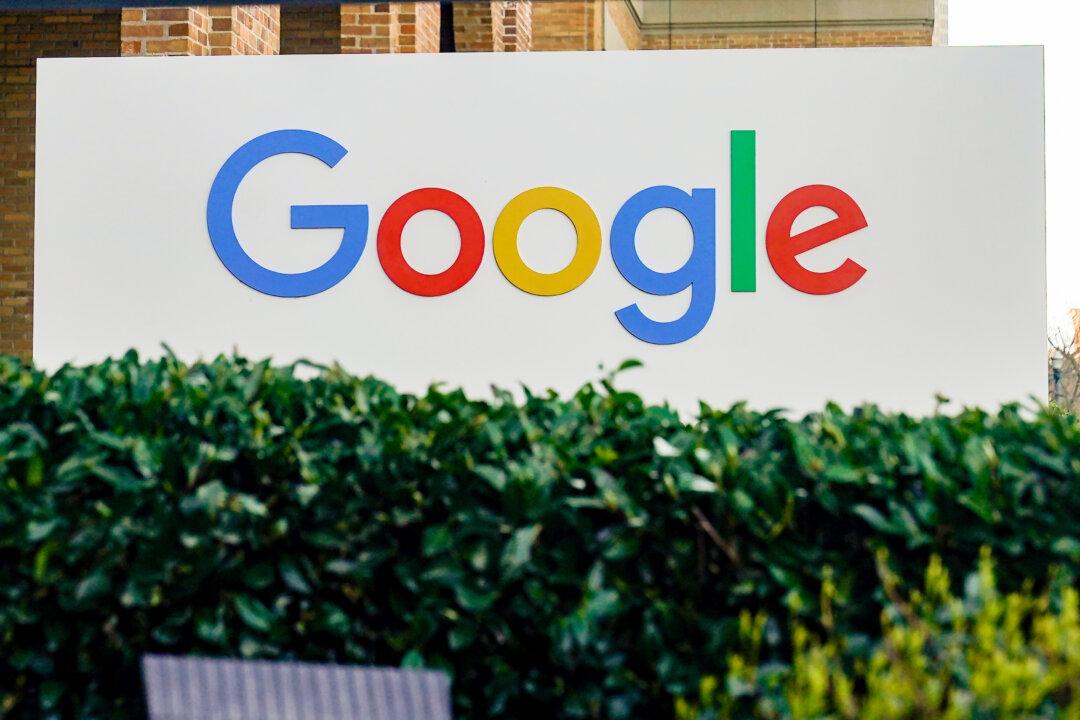An almost last-minute deal ahead of a December deadline saw the federal government strike an agreement with Google that would prevent the tech giant from blocking Canadian news on its platform.
But while the Liberal government said it was “happy” to end the standoff with the web behemoth this week, concerns raised throughout the process to pass the Online News Act (Bill C-18) have now proven valuable.





